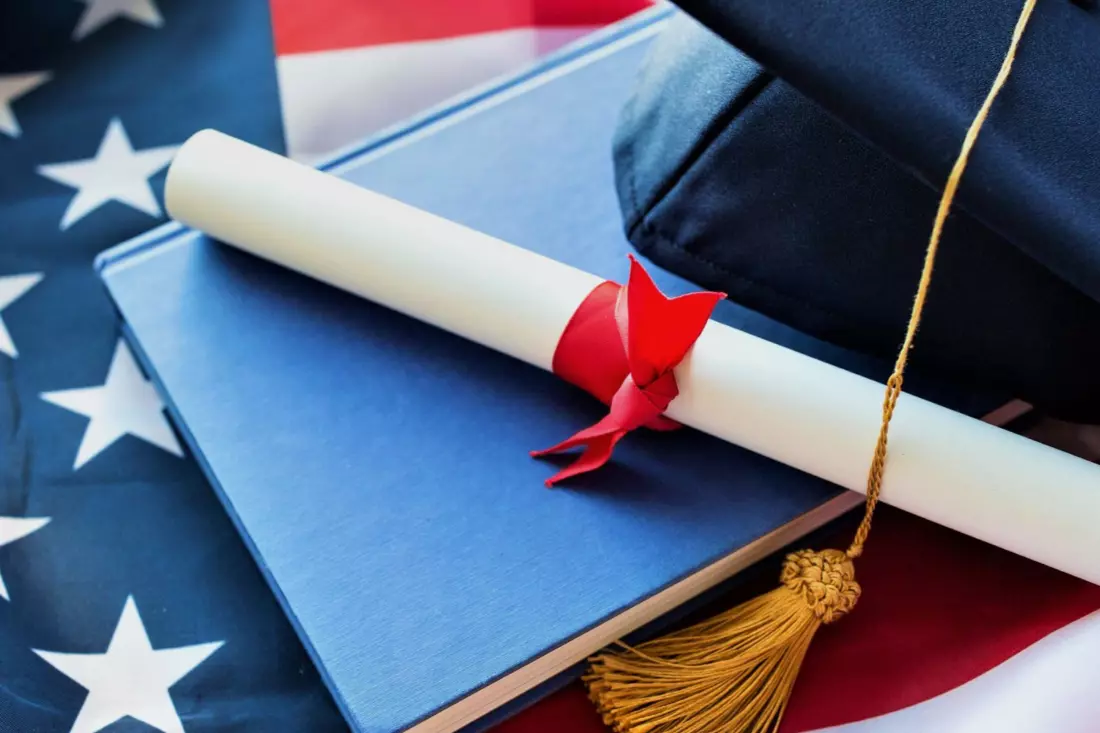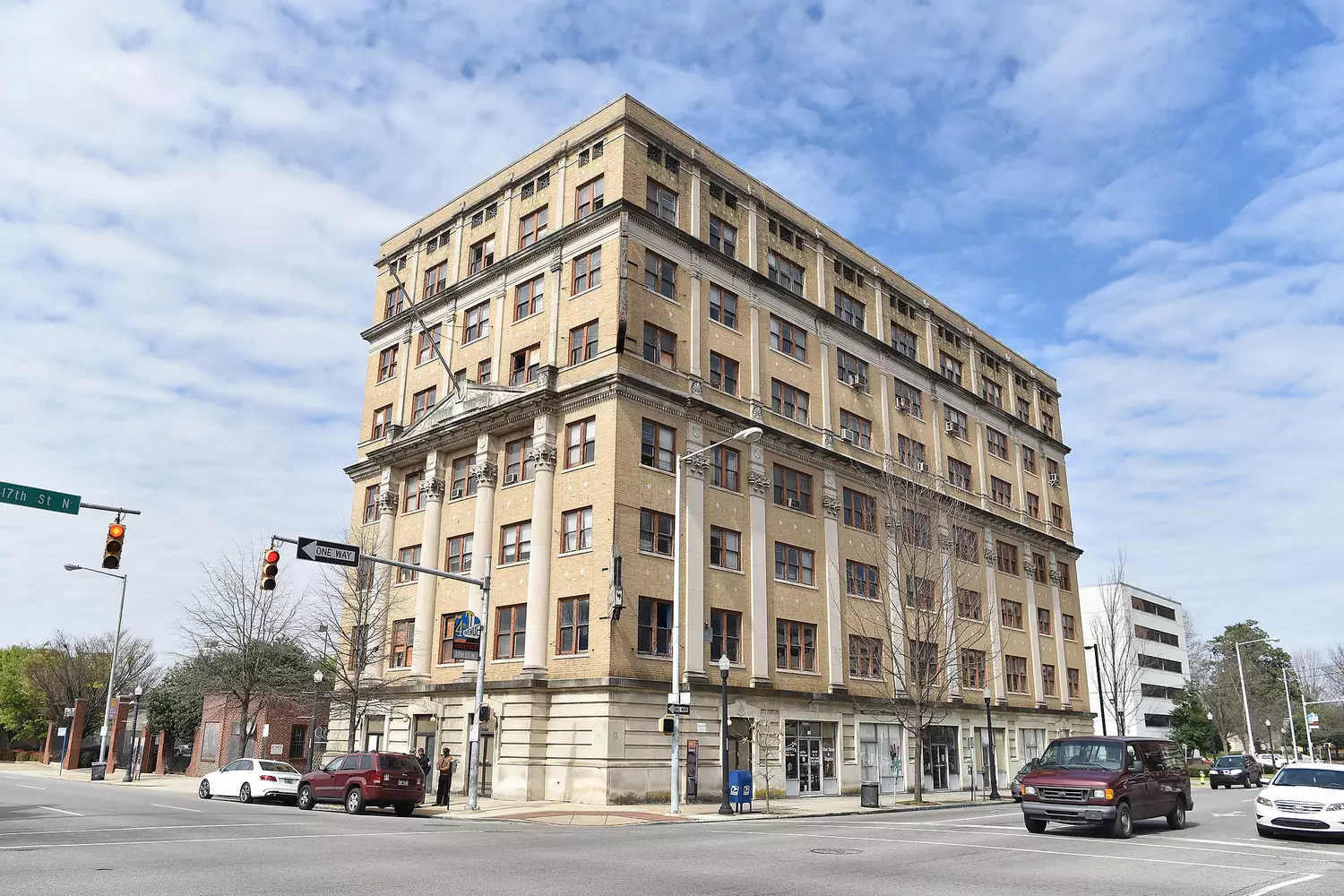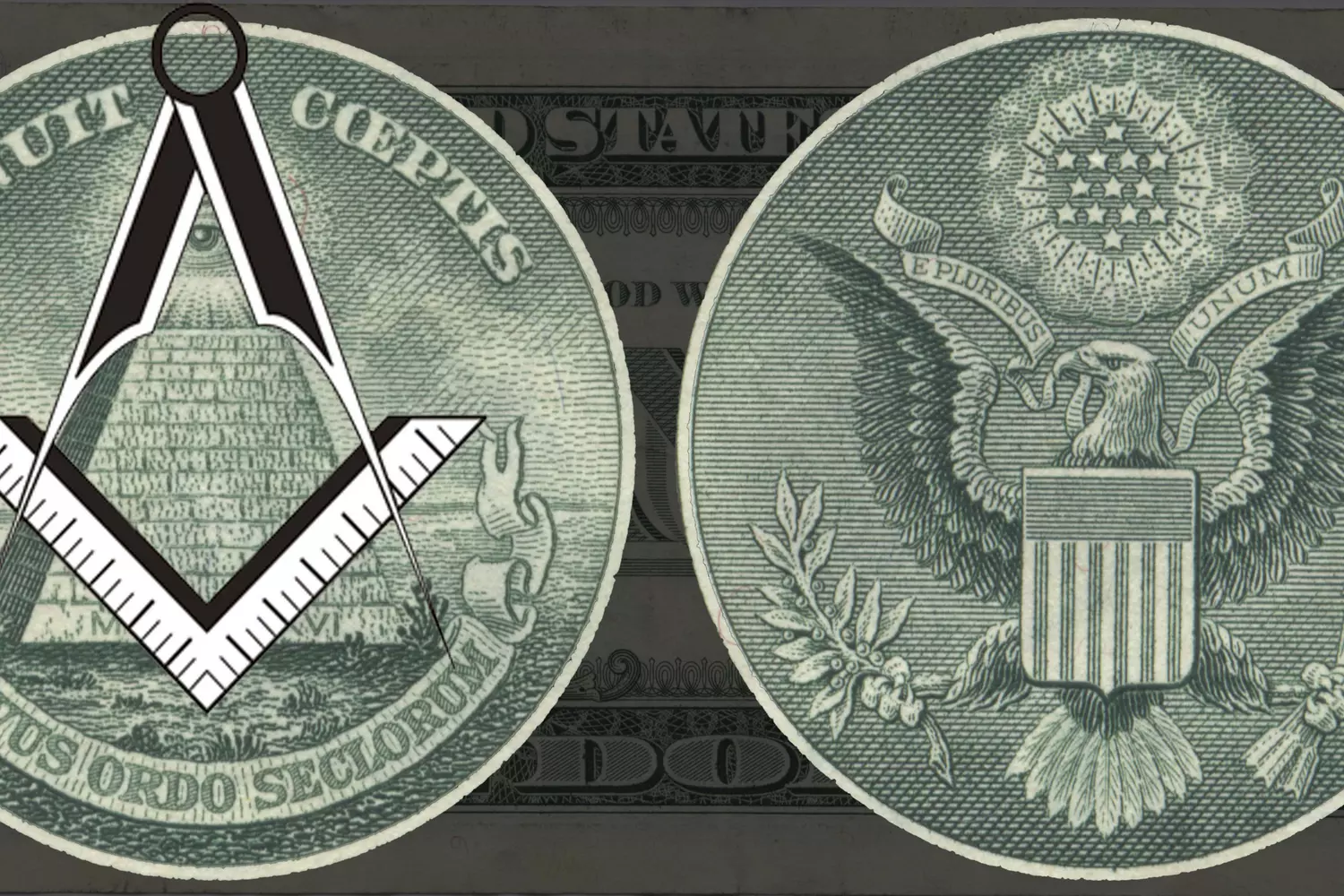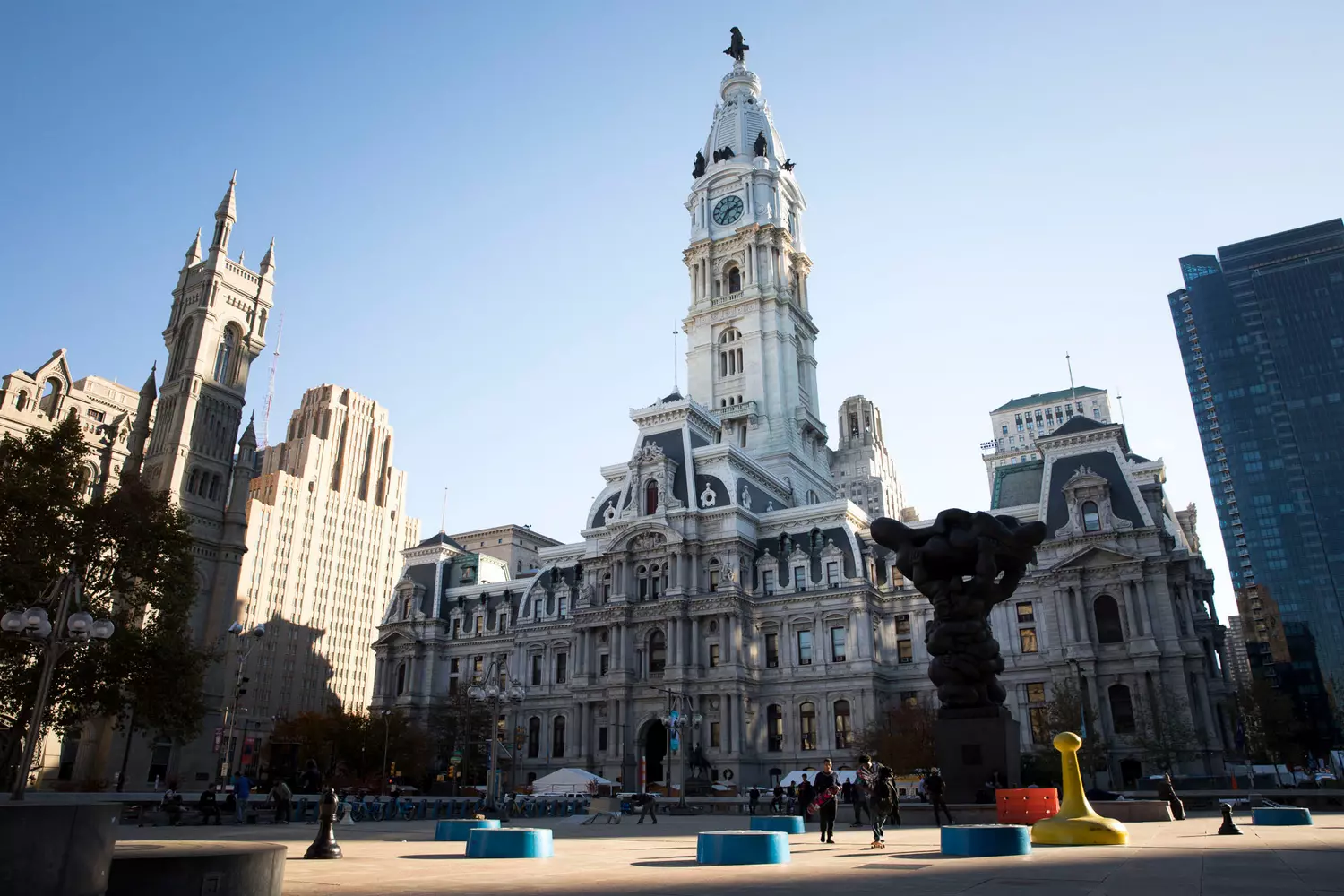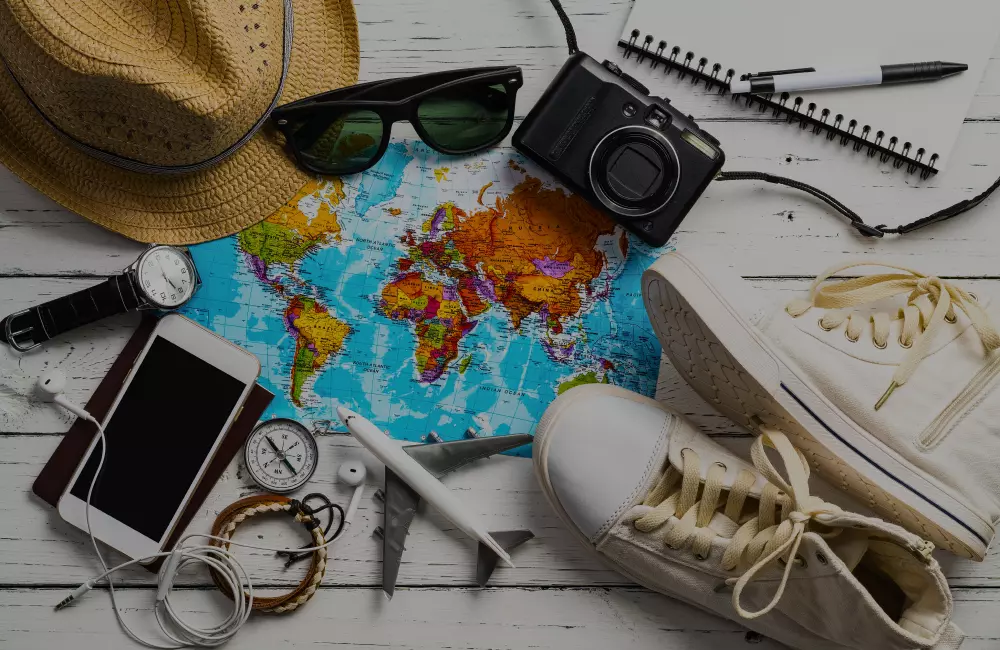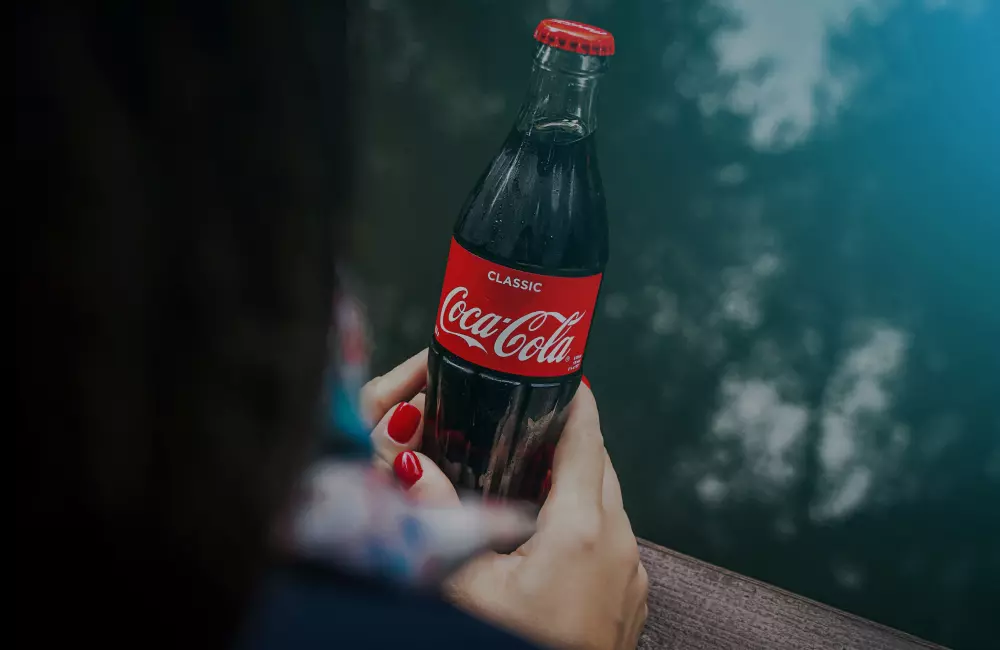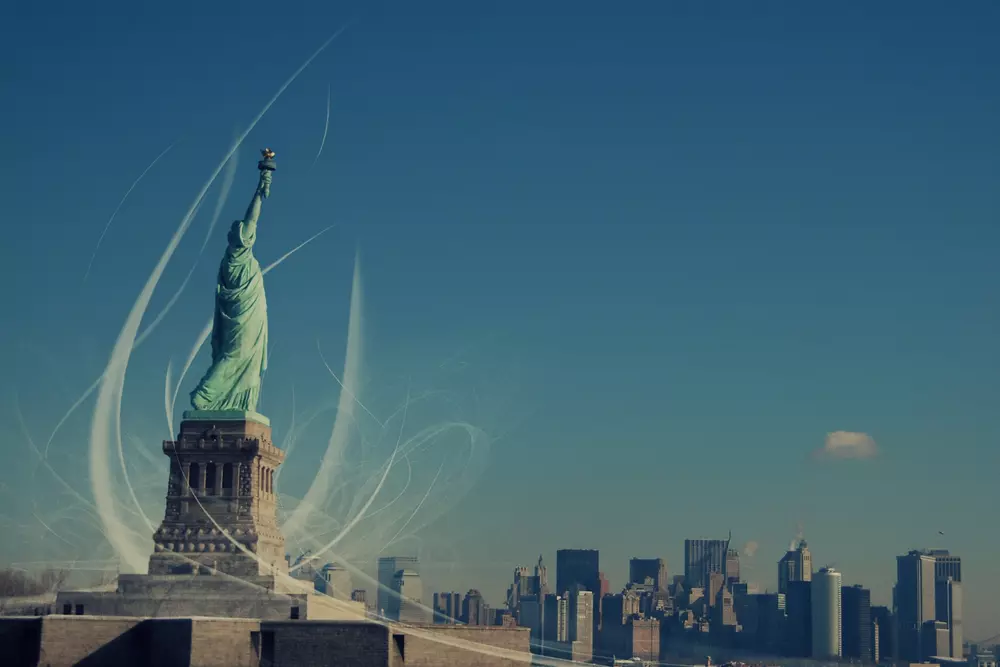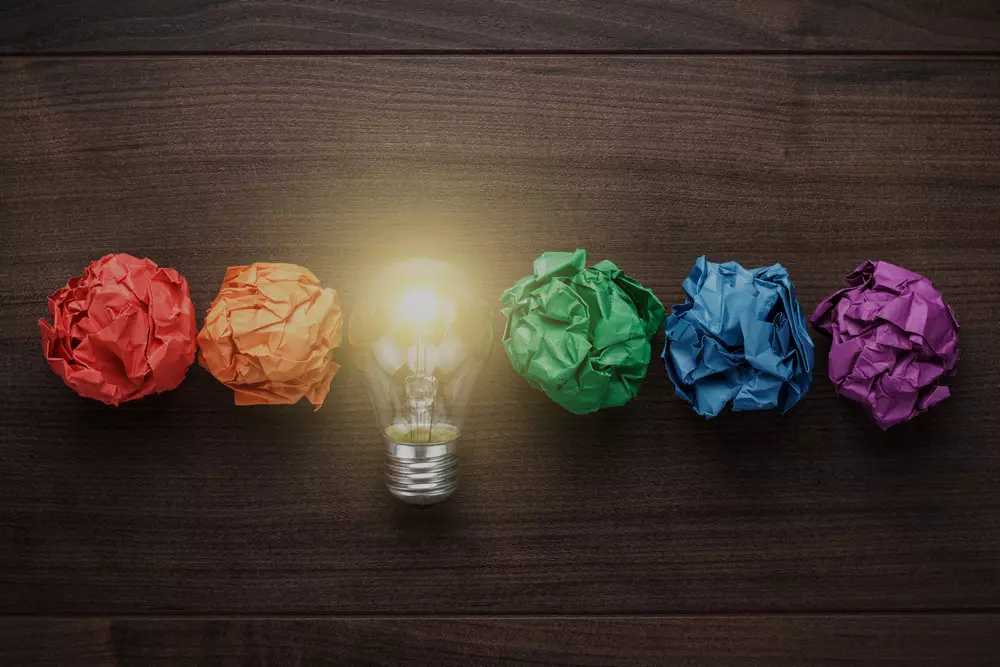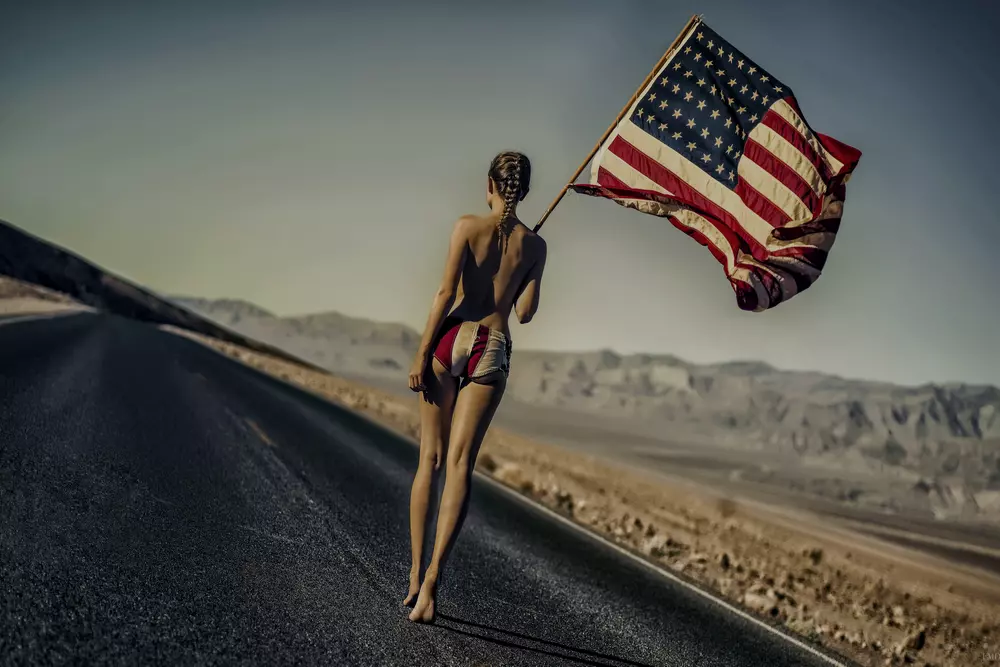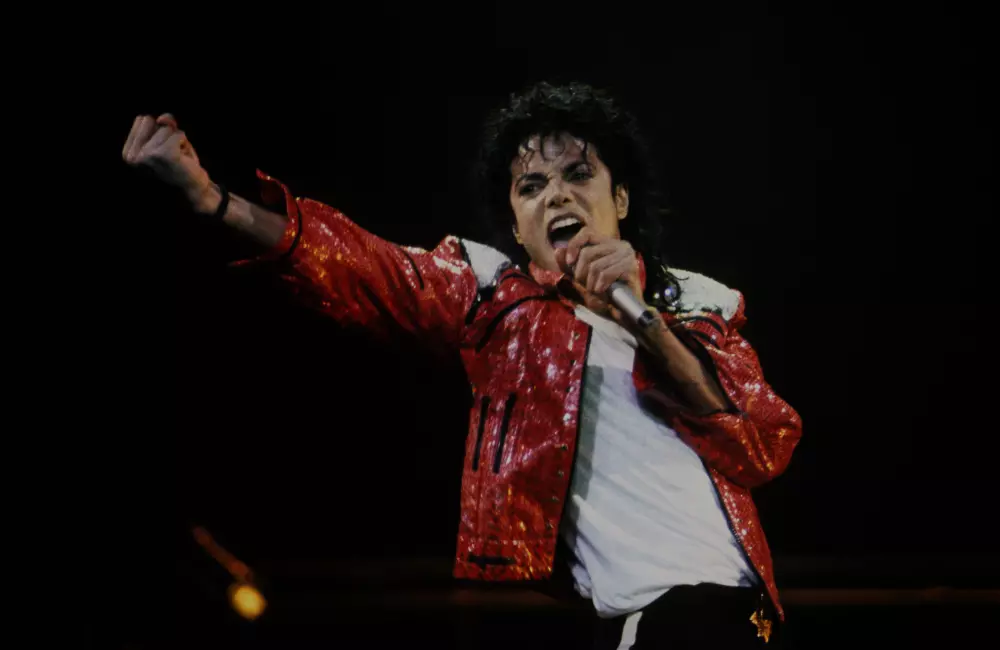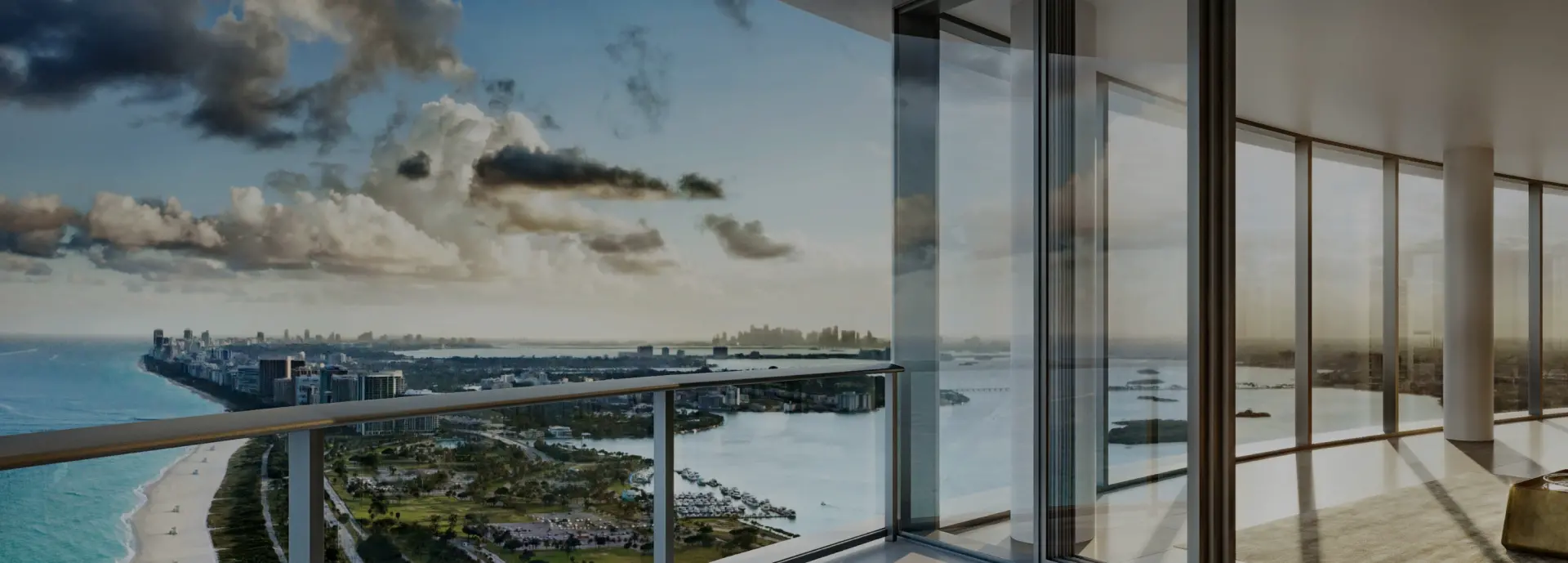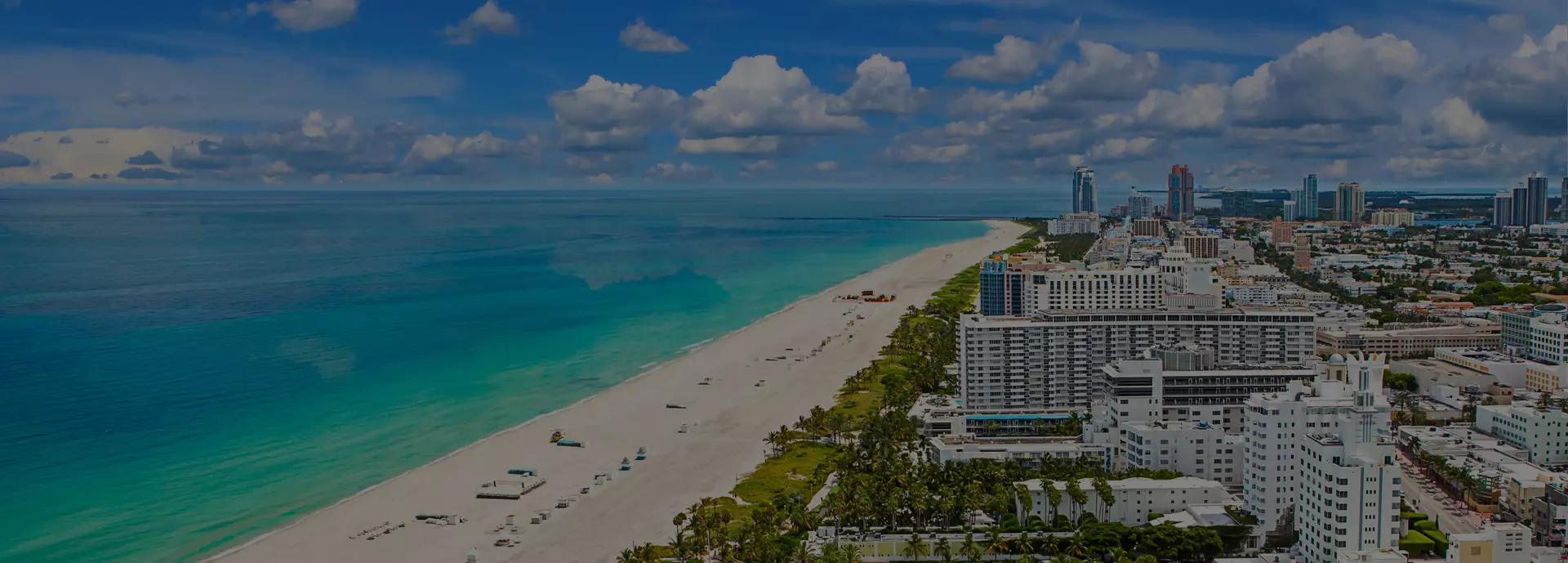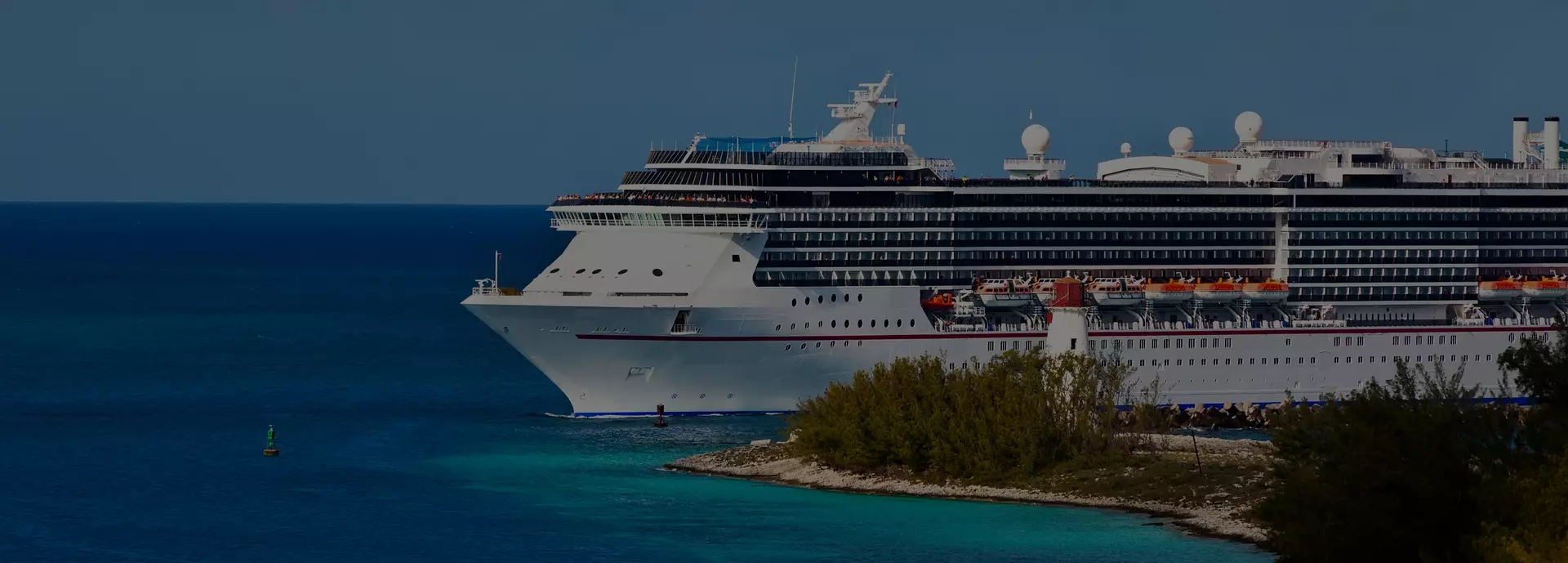What connects the man on the $100 bill, Benjamin Franklin, astronaut Buzz Aldrin, and author Mark Twain? They are all Freemasons. Everyone has heard of Freemasons, but few can explain what they actually do. Some masonry, lodges, and gatherings… But what does it all mean? We’ve sifted through a wealth of literature and spoken to many researchers to bring you the most straightforward answers to all your questions about Freemasonry — who they are, where they come from, and why they exist.
Read our article to find out who the Freemasons believe in, why they have been labeled as sexists, and how they have accumulated so much wealth.
Who Are the Freemasons? Some people think they are a cult, while others believe they are merely an economic union of oligarchs. Neither is correct.American Butler
The History of Freemasonry
Freemasonry has its roots in a fusion of the craft guild traditions of stonemasons and the principles of medieval knightly orders. The concept of Freemasonry is similar — an exclusive, elite union of individuals with particular goals and ideologies. Pinpointing the exact origin of this ideology is impossible because Freemasonry is shrouded in mystery, legends, and mysticism. What is known, however, is that the first Grand Lodge was established in England in 1717.
Since its founding, Freemasonry has evolved from a guild of craftsmen into a powerful movement focused on self-improvement, moral values, and fraternity. Many influential figures from history, including politicians, philosophers, and scientists, were members of Masonic lodges.
Freemasonry also made its way across the Atlantic to America, where it has significantly influenced the country’s history. Many of America’s founding fathers, including George Washington and Benjamin Franklin, were Freemasons. Since then, Masonic lodges continue to thrive, operating actively across the world, especially in the United States.
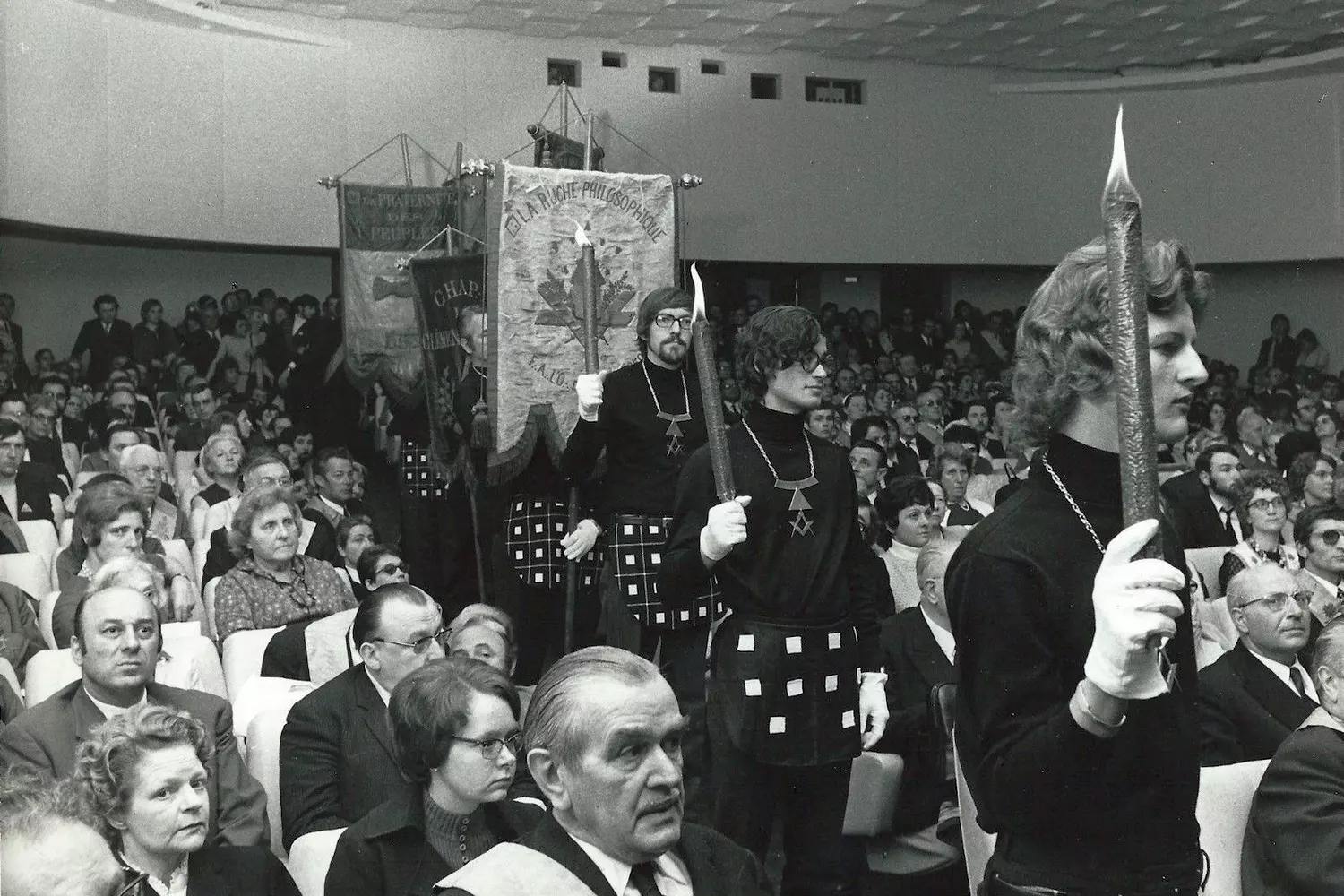
Core Principles
Freemasons, whether literal stonemasons or individuals involved in the spiritual construction of the universe — scientists, entrepreneurs, politicians, and religious figures — are endowed with a moral mission. These individuals join secret brotherhoods, adhere to certain rules and esoteric rituals, and participate in meetings and discussions on pressing issues, determined by their lodge.
Much of what happens within Masonic circles remains strictly confidential. However, identifying as a Freemason is not something that needs to be hidden. Thus, Freemasonry attracts educated, influential people capable of impacting global culture, economics, and politics.
Freemasons follow several fundamental principles that shape their philosophy:
- 01.Brotherhood — Freemasons consider themselves spiritual brothers and are committed to supporting one another.
- 02.Self-improvement — Personal development and moral growth are central tenets of Freemasonry.
- 03.Philanthropy — Freemasons are actively involved in charitable activities and strive to improve society through helping others.
Symbols and rituals play an essential role in Freemasonry, often conveying deep philosophical meanings related to life, spiritual growth, and the universe. One of the most iconic symbols is the square and compasses, representing moral and spiritual self-improvement.
Pursue your education in the USA with American Butler.
Masonic Symbols
Because Freemasonry is a secretive doctrine, it employs a vast array of symbols and allegories. Perhaps the most well-known is the crossed compass and square. There is no single interpretation of these symbols, as Freemasonry has no dogma. However, these tools are often interpreted as instruments for measuring and understanding one’s place and influence in the world.
Freemasonry uses many symbols drawn from the world of construction and architecture, which draw parallels between building structures and constructing individuals and societies.
Some of the most commonly seen symbols in Freemasonry include:
- The hammer;
- The trowel;
- The protractor;
- The level;
- The plumb line;
- Stone slabs;
- The apron;
- Gloves;
- Acacia flowers;
- The “Radiant Delta” — a pyramid with an eye inside, symbolizing God.
Most Masonic symbols have ancient counterparts in religious texts and legends, but their exact interpretations remain elusive.
Freemasons also have a unique non-verbal communication system — handshakes and gestures — which they use to exchange secret signals in public spaces.
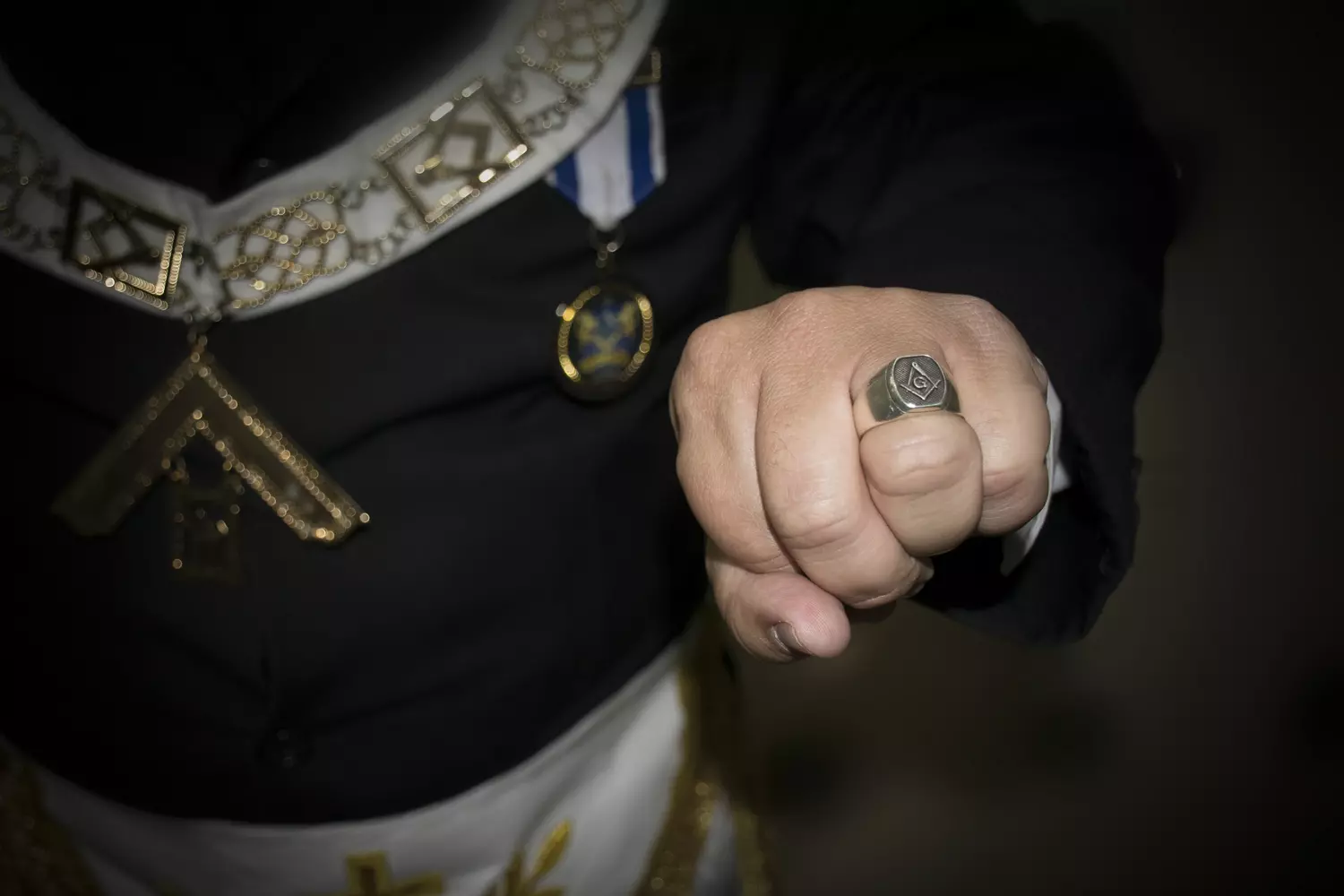
What Do American Freemasons Do?
Today, there are countless Masonic lodges across the U.S., bringing together thousands of members nationwide. Like their European counterparts, American Freemasons follow the same principles of brotherhood, self-improvement, and philanthropy. But what do they do in their day-to-day lives?
- 01.Charity and Social Support
A major focus for U.S. Freemasons is philanthropy. Lodges organize and participate in various charitable projects, supporting the needy and educational and healthcare institutions. Freemasons often fund hospitals, schools, scientific research, and aid for veterans and children. - 02.Education and Personal Development
Masonic lodges place great emphasis on the education and personal growth of their members. Lodge meetings often feature lectures, discussions, and seminars on topics like morality, philosophy, and history, helping members enhance their knowledge and strive for self-improvement. - 03.Community Involvement
Freemasons are deeply involved in their local communities, organizing events that strengthen neighborhoods and support initiatives that improve life at the local level. This could range from volunteering programs to organizing cultural and educational events or providing assistance during emergencies. - 04.Traditions and Rituals
One of the most intriguing aspects of Freemasonry is its rituals and ceremonies. Every Mason goes through degrees of initiation, becoming familiar with the organization’s symbolism and philosophy. These rituals emphasize the importance of spiritual growth and self-knowledge.
Freemasons and Secret Societies: Myths vs. Reality
One of the most prevalent myths about Freemasons is the notion that they are a secret society controlling politics, economics, and other aspects of life. This stereotype is often fueled by conspiracy theories. The truth is far more ordinary.
Freemasons are indeed a private society, and their meetings are confidential, but this doesn’t mean they are plotting something nefarious. In reality, Freemasonry is an organization built on ethics, morality, and spiritual growth.
Freemasons are not a hidden society. In the U.S., Masonic lodges operate openly, and anyone interested can learn about the organization. Many lodges even participate in public life and open their doors to the public during special events.
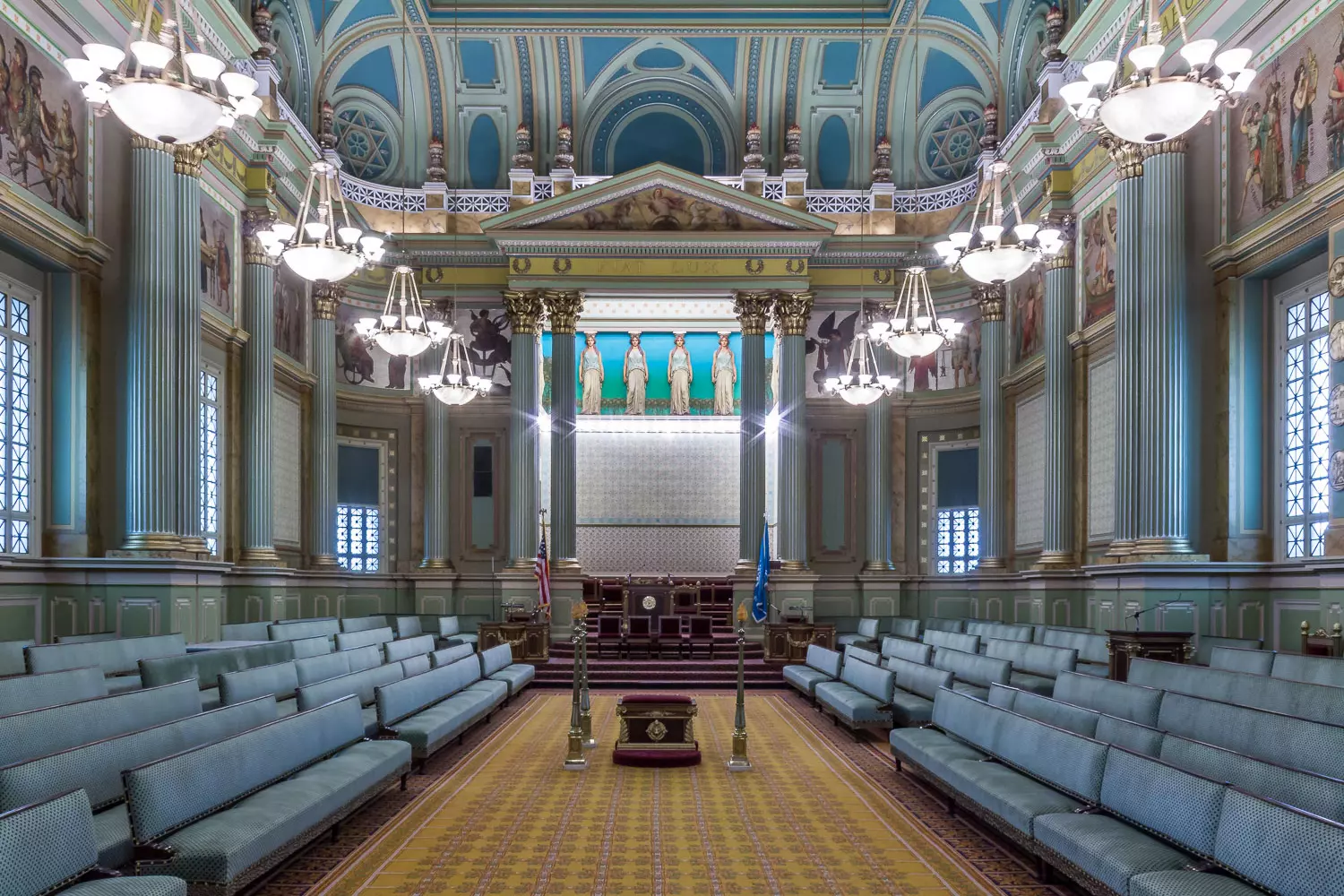
Freemasonry FAQ: What You Should Know
So, what exactly do Freemasons do?
Their practical work involves charity and engaging in financial operations aimed at making the world a better place. The rest focuses on spiritual activities — upholding the principles of brotherhood, performing rituals, and studying philosophy and other sciences.
Are Freemasons a cult?
Contrary to popular theories, Freemasons are not a sect. In essence, they have no direct connection to religion, although many of their symbols and legends overlap with Christianity and Judaism. Freemasonry is more of an esoteric-philosophical organization.
Becoming a Freemason is impossible if you are an atheist. Every member of a Masonic lodge follows some form of religion, according to their own choice. The lodge does not interfere in this aspect of life, but any existing image of God is referred to simply as the Great Architect of the Universe. In terms of religion, Freemasonry promotes pluralism and democracy — everyone is free to believe in what they find meaningful. Discussions on religion are not held as a matter of principle.
Additionally, it's important to note that the term "Judeo-Masons" is a myth. The organization is not exclusively made up of Jews. According to available data, they do not even hold a numerical majority.
Can a woman become a Freemason?
Freemasonry is divided into European and American branches. The main difference between the two lies in the rules observed by lodge members. In European tradition, women are allowed to join the brotherhood, while in America, this is strictly prohibited.
There is a well-known story of the only woman who attempted to uncover the secrets of Freemasonry by sneaking into a lodge in Kentucky. She was caught and held captive for a month.
Do Masons have their own book or commandments?
Freemasons do have their own set of guiding principles or commandments, known as landmarks. These are moral laws and principles that form the foundation of the Freemason community. Each lodge operates independently, without a central governing body, so any disputes or differences are resolved through these landmarks.
The catch is that the number and content of these landmarks can vary from lodge to lodge. In European lodges, there are typically 25, as outlined by Albert Mackey in 1856, or up to 40, according to George Oliver’s 1863 version. In the U.S., the numbers differ by state — New Jersey lodges have 10 landmarks, while in Kentucky, there are as many as 54.
What do Masonic lodges look like?
We know very little about what Masonic lodges look like from the inside, aside from depictions in films — and the accuracy of these portrayals is hard to verify. On the outside, most lodges are unassuming buildings, often in European architectural styles. The only distinguishing feature might be the Masonic symbols on the facade.
One notable exception is the 1892 Masonic Temple in Chicago, which, at 22 stories tall, was once considered the tallest building in the world.
A Masonic lodge must be a permanent location, meaning it occupies a specific building. There is a hierarchy in place, and any new lodge must receive approval from a higher lodge before it can be officially recognized as a Masonic temple. Lodges often differ from one another in their makeup: some gather people from a particular profession, while others consist of members who live in close proximity.
To maintain an air of secrecy and mystery, Masonic lodges typically have no windows. Freemasons are accustomed to holding their events in dim lighting. Doors, walls, and every free surface in the meeting rooms are adorned with various symbols and regalia:
- 01. Masonic flags;
- 02. The Star of David;
- 03. Banners;
- 04. Kabbalistic symbolism.
For newcomers, the scene can be overwhelming, even shocking.
The most important rooms, reserved for high-ranking Masons, are lavishly decorated. The leaders sit at grand tables and on chairs crafted by master artisans. The floors are covered in expensive rugs, and gilded picture frames glisten on the walls.
There is also a separate dining room for Masonic feasts (known as agape). Each member of the brotherhood can change into special attire in the cloakroom, with the help of barbers and makeup artists to ensure their appearance aligns with the ceremonial requirements.
Are Freemasons and Illuminati the Same Thing?
No, the Illuminati is an entirely secret society of "enlightened ones," originating from Germany. Unlike Freemasons, members of the Illuminati cannot publicly reveal their affiliation, and officially, the Illuminati does not exist.
Freemasonry, on the other hand, is deeply embedded in American culture. While gaining access to this society and asking questions directly can be challenging, you can visit the U.S. and explore the topic in person — why not?
What Is the Diversity of American Masonic Lodges?
In addition to Rosicrucians, whose first leader was Spencer Lewis, there are numerous other branches and offshoots of Freemasonry.
All American Freemasons are proud of their country and confidently believe that it is a "great Masonic superpower."
In the United States, the headquarters of many different Masonic orders are located, including:
- 01. The Order of the Templars;
- 02. Jewish Masonic Fraternities, which restrict membership based on ethnicity, allowing only Jewish members. Their meetings are held in absolute secrecy;
- 03. Pilgrims of Zionism, which is also a national Jewish organization;
- 04. B'nai B'rith Order — the center of Jewish Freemasons, whose members occupy the highest-ranking positions in government and business structures.
Even Henry Ford, a well-known Freemason, recognized Freemasonry as a solid foundation for the United States. One key belief among Masons is that they know exactly what their children should be taught.
How to Build a Career Through Freemasonry?
Though mysterious and not fully understood, belonging to the Freemason society in America can significantly increase the likelihood of a successful career. Freemasons often elicit mixed reactions, but their influence on society's development is undeniable. Only a few members of the order are embarrassed about their membership. In most cases, this includes individuals who became Freemasons solely for career advancement.
For the majority of Freemasons, membership is not just a career strategy but a deep involvement in a longstanding tradition that emphasizes self-improvement, philanthropy, and community involvement. The connections made within the society can open doors to opportunities in various fields — from politics to business and beyond.
Why Do Freemasons Remain Relevant in Modern Society?
Freemasonry has existed for several centuries, and despite the many changes in the world, it remains relevant. Why is that?
- 01. Freemasons continue to adhere to principles of brotherhood and helping others.
- 02. Their activities focus on personal development, spiritual growth, and enlightenment — values that will always be in demand in any society.
Freemasonry is a community of people who aim to make the world a better place through self-improvement and helping others. In the U.S., Freemasons continue to play a significant role in the country's social and cultural life, and their influence is hard to overestimate.
Their commitment to ethical behavior, philanthropy, and personal growth ensures that Freemasonry remains an important and respected organization in today's world. This longstanding tradition of mutual aid and moral development not only unites its members but also impacts society at large by promoting values that are universally appreciated across cultures and generations.
Freemasons are not mysterious conspirators, but rather a community of individuals united by shared moral and spiritual principles. In the U.S., they are actively involved in charity work, support local communities, and continually expand their knowledge. Freemasonry remains one of the most intriguing and influential movements in the world.
If you're eager to learn more about the Freemasons and their activities, American Butler can help immerse you in this fascinating world. We offer exclusive tours and consultations on the most captivating topics related to Freemasonry in the U.S.
Book a tour and discover all the secrets of Freemasonry with us!














